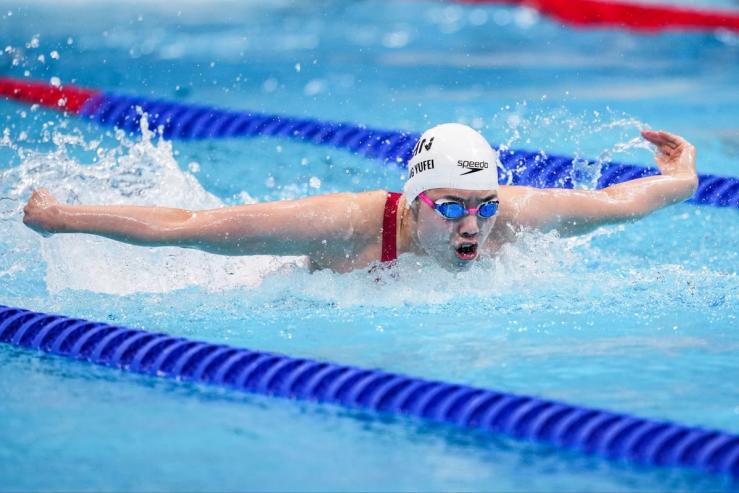The News
The president of the World Anti-Doping Agency (WADA) on Monday defended the body’s decision to clear 23 top Chinese swimmers who tested positive for a banned heart medication ahead of the 2021 Tokyo Olympics.
Nearly half the swim team participating at the Tokyo Games tested positive for a performance-enhancing drug seven months earlier, a New York Times investigation found. The Chinese swimmers involved went on to win medals, including three golds.
The athletes said they accidentally ingested trimetazidine (TMZ) from contaminated spice containers and were cleared by Chinese anti-doping authorities, with WADA accepting their conclusions. Neither regulator disclosed the findings, leading to allegations of a cover-up in a documentary aired Sunday by German broadcaster ARD.
“We had no evidence of wrongdoing,” WADA President Witold Banka told reporters at a news conference Monday. “If we had to do it over again now, we would do exactly the same thing.”
Athletes cited in the report, including two-time Olympic gold medalist Zhang Yufei, are expected to compete for China in the upcoming Paris Olympics.
SIGNALS
Case highlights distrust of anti-doping regulators
The global anti-doping system is based upon trust between WADA and national bodies, the New York Times noted — saying that the failure of national officials to uphold standards “can corrupt entire sports” and sporting championships. The Chinese swimmers received strikingly different treatment to that of Russian figure skater Kamila Valieva, USA Today Sports Columnist Christine Brennan noted. Valieva also tested positive for TMZ and similarly, blamed it on contaminated food — but while Russian authorities accepted her excuse, “WADA didn’t buy it.”
If WADA doesn’t release its files publically, it amounts to “another catastrophic failure of the global anti-doping system and underscores the need to dismantle the WADA structure to pave the way for a complete rebuild,” two sporting advocacy groups, Global Athlete and FairSport, said in a joint statement.
Chinese media calls reports politicized
Following the reports, Chinese state media accused countries of “manipulating the issue of doping” in order to smear China’s swimming program. The Global Times cited examples of when US athletes had been allowed to compete in games after testing positive for banned substances. The timing of the media investigations — coming less than 100 days before the Paris Olympics — suggests outlets are creating “highly political explosive news to attack China’s sports industry,” it said. Meanwhile, a Chinese sports blog Yanghua Forum described as “shameless” comments from Australian swimming leaders who said they were making inquiries with the international swimming federation World Aquatics.
China sports commentator Mark Dreyer has called China’s focus on American media bias a “classic deflection” that “doesn’t answer the main criticisms made by many outside of the U.S.”
New US anti-doping law can apply to athletes worldwide
As US federal investigators seek to learn more about the China swimmers’ case, a powerful new law passed in 2020 could come into play in the event of an inquiry, the New York Times reported. The Rodchenkov Anti-Doping Act of 2019 gives the Justice Department the power to criminally prosecute attempts to corrupt international sports events through doping, no matter where they take place. If applied successfully, the law “will bring about more ethical competition, and perhaps a more just society” by targeting international doping networks, Outside Magazine argued.
However, WADA has argued against the law and its global criminal jurisdiction, accusing it of disrupting the global anti-doping system and saying that it could actually “undermine clean sport by jeopardizing critical partnerships and cooperation between nations.”



